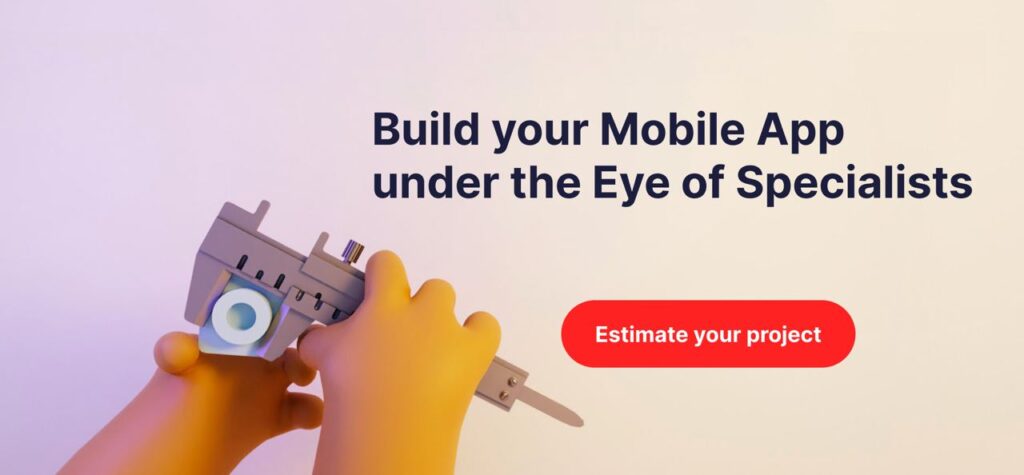A green wall is a vertical structure covered in plant life, also referred to as “living walls” or “vertical gardens”. The greenery is often planted in a growth medium […]
Deciding on custom mobile app development can bring many benefits to your business. Apps created this way bring extra value to companies having a specific problem to solve or a specific process to improve.No matter how big or small your idea is you need to know what to expect from the development process and what information to prepare. Let’s get into that!
Think about a custom-made mobile application that is compatible with your specific business needs and serves a definite purpose. Building such a product we need to gain an in-depth understanding of the market niche to develop something that fits perfectly and answers all pain-points of the users. It takes much more effort to create something so specific and make it the best solution for a particular need. That’s why when you decide on custom mobile app development, you may expect to work with people who are truly engaged in the process and just as you, want to deliver something special.
To attain a very economic and non-generalized approach, we as users would always prefer something which suits our basic and very important needs exclusively. That’s why the main advantage stands right in the name of the process. It’s the word “custom” that means you invest in a tailor-made solution. Deciding on it you can be sure of:


Some relevant examples of custom products might be organizations using digital software applications to enable their marketing strategies or banks using the customized solutions to cater to a very specific set of deals. Now let’s talk about how the process of custom mobile app development starts and what should we expect at the end of it.
It starts with defining the users of your app and understanding their main needs. This stage is most important as without it you won’t have the knowledge to answer their pain-points.
Then it’s time to plan how the product will be generating revenue. Choosing the right business model is also key if you want to obtain satisfying results. Here you can learn some more about different business models.
Next, you need to identify your app’s core features. It means the main functionality of the product as well as side features that will make the user experience more pleasant. Here you actually build the scope of your product that will help you to estimate the project correctly.
Then it’s time to select a custom mobile app development company that will bring your app to life. It’s always easier and more stable when the process is assisted by experts in the field.
Sometimes it’s not included in the process but to call it an end-to-end approach, you should also choose the way you will promote your product and how you will measure the ROI of your app.
Through subsequent iterations, your product will finally reach the version ready for release. At the end of the process, you should expect a bug-free, high-performing app that your users will love.
Most importantly, you don’t have to make this all by yourself. At Redvike we can take much weight off your shoulders by connecting our best developers and designers to build you a tailor-made solution. Just write us when you would like to start.
Recently we’ve been working on a custom mobile app for our client from Austria. The client approached us with an idea for a user-centric app augmenting the festival experience through mobile ticket scanning, live notifications, GPS-location features, and NFC technology.
We started with a Design sprint to better understand the product hypothesis and then move on to the app’s core functionalities. By working closely with the client we could ensure every requested feature and UX/UI elements work flawlessly and there is no compromise to make. The custom app was recognized by the leading festivals across the world and helped to simplify event management and enhance the live experience.
You can read the whole story here → Festival App
No matter the product, you should always start with sufficient research and business analysis and keep in mind the cost-benefit approach. The choice of whether you will build a custom mobile app with your in-house team or with an external custom product company is yours. But if you want to streamline your business operations and increase efficiency – we are here to build your custom app!